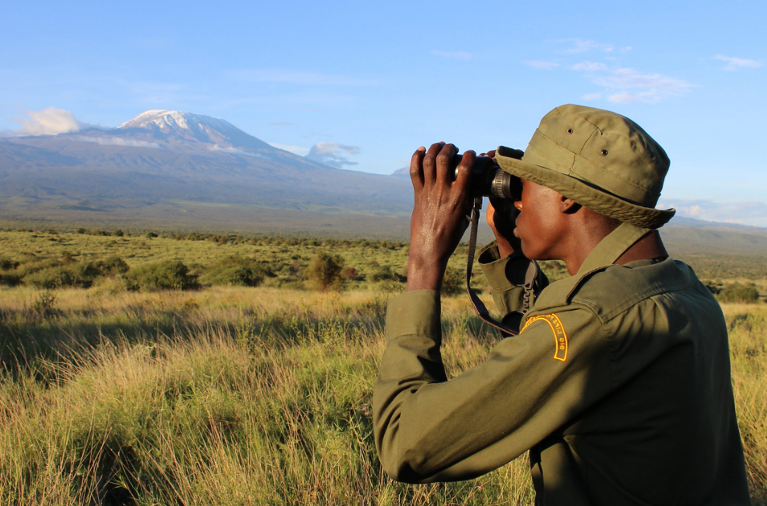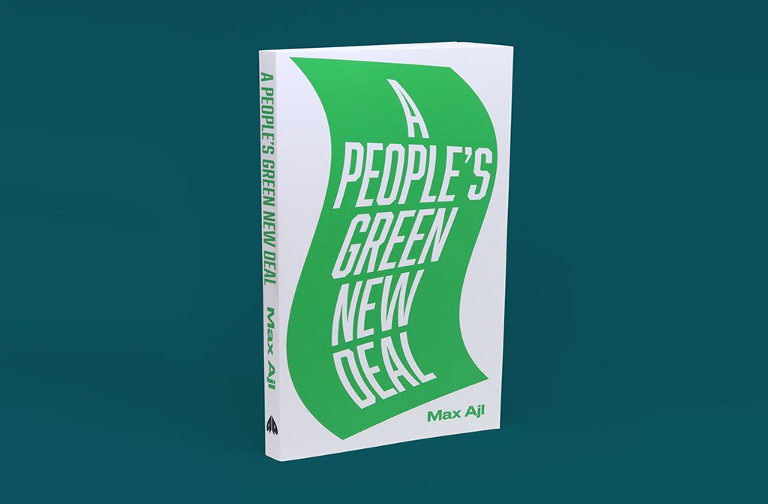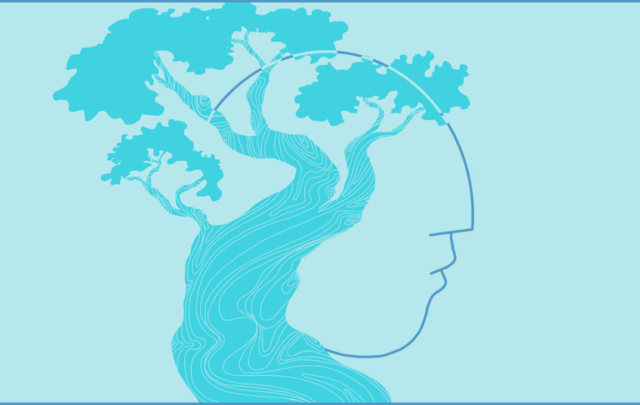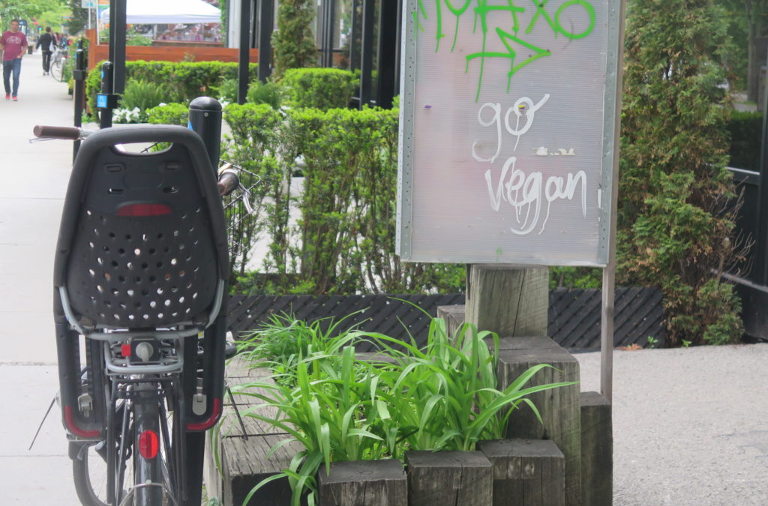Vijay Kolinjivadi is a post-doctoral fellow at the Institute of Development Policy at the University of Antwerp and a contributing editor of Uneven Earth.
The “White Saviour” Deal for Nature
A “White Saviour” Deal for Nature responds to ecological breakdown by prioritising a pristine and historically flawed imaginary of wilderness over the real struggles of people for basic needs, dignity, and justice.
January 10, 2022
Subverting imperial greenwashing
Max Ajl’s recent book published this year by Pluto Press, entitled A People’s Green New Deal, is a welcome and important contribution to an increasingly crowded and confused conversation on “green” futures.
January 6, 2022
This Pandemic IS Ecological Breakdown: Different Tempo, Same Song
The coronavirus pandemic is like a chunk of ice falling off of a melting glacier. You can see the ice falling, but you can’t see the melting of the whole glacier. Similarly, climate change will keep dropping chunks of ice at humanity well after the COVID-19 pandemic subsides.
April 9, 2020
COP25 Climate Summit: Action must Include Divestment, Decolonization and Resistance
Caring for nature means resisting the commodification of nature and standing up to environmental injustice. It also means getting to know the struggles and aspirations of environmental defenders and forest dwellers, who they fight and how you can help from where you are.
It is crucial to mobilize and get politically organized, to come together in solidarity for a long-haul struggle.
December 12, 2019
Why a Hipster, Vegan, Green Start-up Service Economy Lifestyle cannot be Sustainable
Any gains in technological efficiency must be accompanied by an economy built not on growth, profit and self-interest, but care and responsibility if they are to be effective. This, not hipsterized eco-efficiency, is where we should channel our desires for sustainability—something that so many of us are so dearly committed to, and something that we all urgently need.
September 3, 2019
‘Enlightenment Now’ Rationalizes the Violence of Empire
I believe Pinker’s mechanical understanding of environmental problems in the age of climate change and massive species loss to be irresponsible. We need to counter Pinker’s view with a broader understanding of what our relationship to nature and to each other has been within the context of Western “progress.”
June 4, 2018






